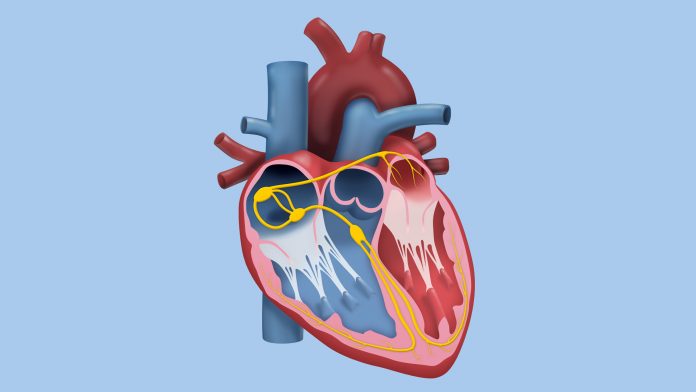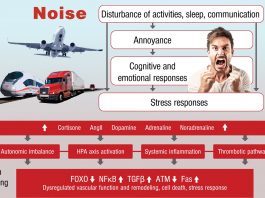Cardiologists from Mainz University Medical Center have implanted a new motor-driven, self-expanding heart valve in patients living with a narrowed aortic valve.
Mainz University Medical Center have recently launched a new treatment for patients with a narrowed aortic valve. For the first time in Europe, cardiologists have implanted a new motor-driven, self-expanding heart valve, increasing safety while reducing leakage.
There has been a rise in the number of people in Germany suffering from a symptomatic constriction of the aortic valve, which is the most common heart valve defect in elderly patients. The standard therapy for this defect has been a cardiac-surgical valve replacement.
In the last five years the number of catheter-assisted aortic valve replacement therapy (TAVI) has increased greatly. In 2018, there were nearly 20,000 medical interventions of this kind in Germany.
The Department of Cardiology of the Mainz University Medical Center occupies a leading position in the field of minimally invasive heart valve therapy, conducting more than 700 interventions per year, with approximately 400 TAVI procedures were carried out here last year.
Cardiologists have now reported the first implantation of the latest model of a self-expanding aortic valve (CENTERA®) in Mainz.
The advantages of this new technology
This new self-expanding aortic valve’s shape facilitates access to the coronary arteries and reduces leakage near the valve. It also features an active bendable catheter system with allows gentle control over the aortic arch. It is the first heart valve that allows for the controlled release of the heart valve with a very short nitinol scaffold, an alloy of real titanium and nickel with an electric motor.
Mainz University Medical Center’s Dr Ralph Stephan von Bardeleben, Dr Alexander Tamm, and Professor Andres Beiras-Fernandez performed the first three implantations on patients aged 73 to 91.
Dr von Bardeleben, head of the Department of Structural Heart Disease and Interventional Heart Valve Therapy, referred to this treatment as “another important step towards a highly accurate and gentle implantation technique that can now largely eliminate potential complications of the procedure in the mostly elderly patients.”
“The opportunity to implant the first motor-driven heart valves here in Mainz as Europe’s first centre is an expression of our great expertise and will help us to further expand our national top position in the field of highly innovative minimally invasive heart valves,” commented Professor Thomas Münzel, Director of the Department of Cardiology at the Mainz University Medical Center.
Want to read more about Mainz University Medical Center? Check out their latest eBook, here.








